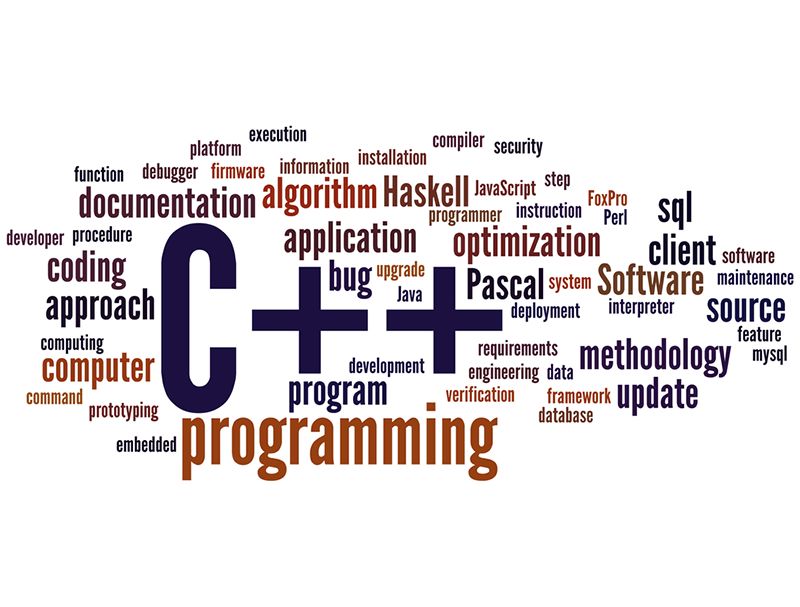Posted Updated 2 minutes read (About 261 words)0 visits
C++ Basics
Template and Generic Programming
Aims
- An understanding template purpose and semantics.
- A working knowledge of function and type template syntax in C++
- An understanding static polymorphism and how it is implemented using CRTP.
- An introduction to type traits, the basis of C++ metaprogramming.
- An understanding of different approaches to compile-time conditional coding.
- An understanding of policy classes.
- An understanding of how to implement perfect forwarding with variadic parameters and forwarding references.
- An understanding of how to determine the types of variables whose types are deduced.
- An understanding of the goals of Generic Programming.
- An understanding of the process of developing code using the Generic Programming paradigm.
- An understanding of how to use the STL to model and solve a real-world problem.
- Familiarity with the algorithms provided in the Standard Library.
Outlines
- Template Syntax and Mechanics
- Motivation
- Template Instantiation
- Argument Deduction
- Two-phase Compilation
- Dependent Types
- Non-Type Template Parameters
- Overloading Function Templates
- Function Template Partial Ordering
- Class Templates
- Explicit Specialization
- Partial Specialization
- Dependent Base
- Modern Template Techniques
- The Template Challenge
- CRTP – Static Polymorphism
- Type Traits – Basic Metaprogramming
- Compile-time Conditional Overloading
- Policy Classes
- Perfect Forwarding
- Viewing Deduced Types
- Introduction to Generic Programming
- Alex Stepanov
- Programming = Math + Memory
- Algorithms
- Abstraction
- Generic Library Design
- Generalizing Linear Search
- Concepts and Models
- Valid Expressions
- Associated Types
- Associate Semantics
- Fundamental Concepts
- Iterator Concepts
- Input Iterator
- Output Iterator
- Forward Iterator
- Bidirectional Iterator
- Random Access Iterator
- Using the Standard Template Library
- Survey of the Standard Algorithms
- Non-modifying and Modifying
- Minimum and Maximum
- Permutation, Sorting, and Partitioning
- Set, Heap, and Numeric


